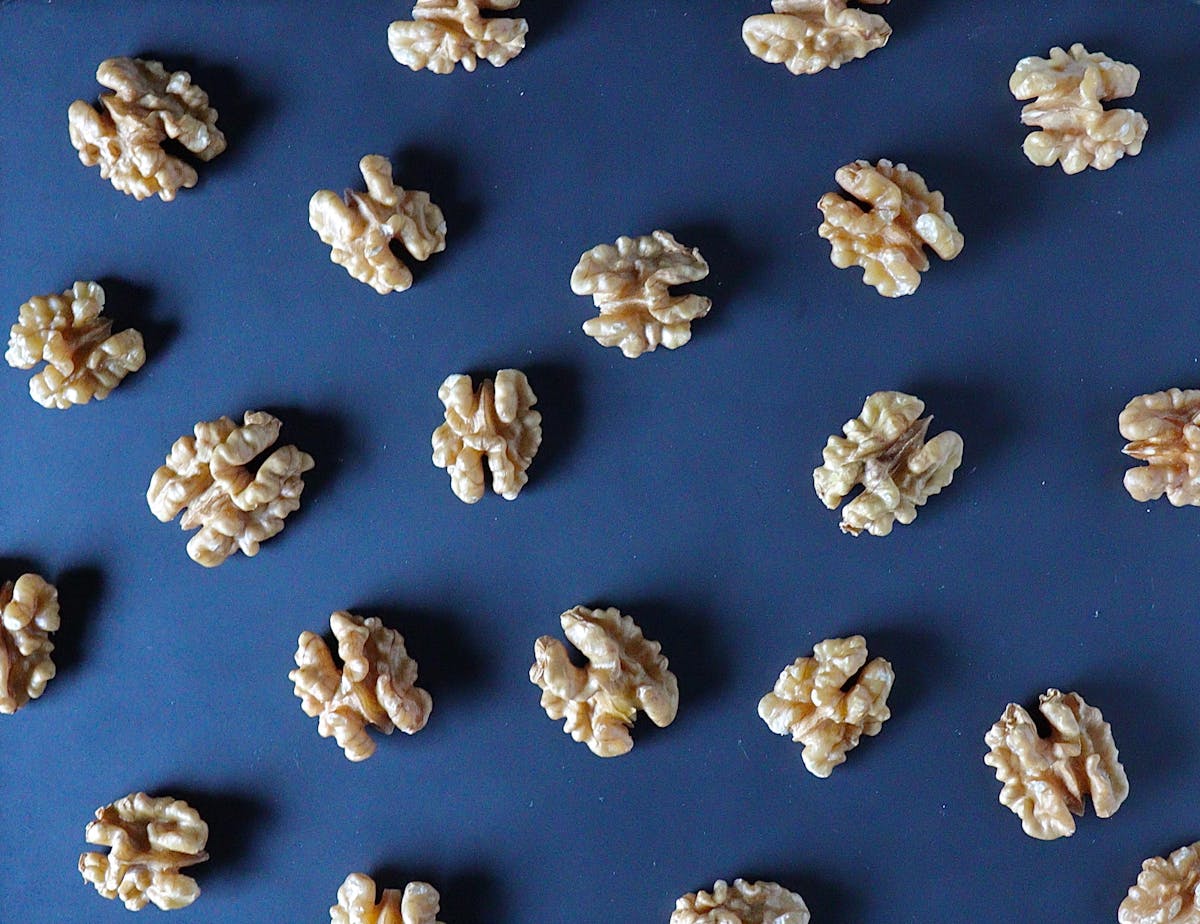In today’s work environment, we must meet all sorts of expectations and deadlines, be constantly ahead of the game, excel in leadership, and at the same time be innovative and agile. And if you don’t have an environment where people feel safe to; be themselves, share their opinions, disagree with each other, and take risks, it’s very hard to achieve any of those things.

Skills to master change backed by science: Awareness (and how to stop smoking)
Change has many faces!
You can use various techniques and tools such as “don’t worry, be crappy”, change five degrees at the time, or explore your values to get clarity about why you don’t do the things you say you really want to do.
And, you can equip yourself with essential skills that will help you be more successful when trying to change something in your life.
In the last month, I’ve come across a couple of scientific studies that concretely showcased what some of those skills can be. Last week I wrote about delayed gratification. This week:
Skills to master change backed by science: Awareness
I know…awareness and mindfulness are promoted as the cure for all nowadays, but it can be a bit hard to see how it can actually help us unless we practice it for a while ourselves. After listening to this podcast recently with the behavioural neuroscientist, Jud Brewer on how to use awareness to help people stop smoking, it became clear how awareness can actually help us change. Here’s a video explaining their approach:
The classic strategy given to people who want to stop smoking is usually to avoid, diminish, or change triggers that make you smoke, and inform people about the health and financial consequences of smoking. The result? Works for very few people.
In this study they tried something different. They picked people who have been smoking for most of their life and who wanted to quit, and taught them some basic mindfulness & awareness techniques. Then they gave them these instructions: When you smoke simply pay attention to the experience of smoking and notice what it’s like.
Here’s what one participant in the study reported:
“Yuck! Tastes like chemicals & stinky cheese.”
Our brains are constantly looking for things that are beneficial to us, so for any action to turn into a behavior or habit, it needs to have a reward attached to it at the end. If it does our brain will remember that for the future.
So one way to change a habit or behavior is to simply change the reward attached to it. The fascinating thing that they figured out through this study is that we can “update” the reward attached to a habit by using awareness.
Want to equip yourself with the skill to change?

When people started to smoke in their youth, smoking gave them strong rewards such as feeling cool, belonging to a group and a quick rush. Those rewards solidified their smoking habit. And even if those rewards are long gone the brain still remembers them and even expects them, even if they are not there anymore.
So by instructing the smokers to pay attention to what their experience is TODAY, they could update their brain and teach it that it’s not actually as good as it remembers anymore, but actually tastes and smells rather nasty.
By paying attention to the experience of smoking over and over again for 10 to 14 days, the brain learned that it’s actually not that rewarding and the cravings and triggers decreased drastically.
So what does this mean for you?
It means that if you want to get good at changing habits and behaviors you should train your mindfulness and awareness skills, and pay close attention to the actual experience when you want to break or build a new habit.
Want to stop mindlessly scrolling on your phone before bed? Pay close attention to the actual experience when you do and you might notice that it’s not as rewarding as you might have hoped. By doing so over and over again, your brain will remember that and the craving will decrease.
Want to turn your meditation practice into a solid habit? Pay close attention to the good things you notice when meditating and your brain will register these beneficial effects and turn your practice into a habit and require less effort to perform.
Here is a simple experiment you can do to test this out:
- Pick a habit that you want to break or build.
- Pay close attention to the actual experience.
- Keep on doing that for at least two weeks.
The next skill to master change backed by science: Curiosity. Stay tuned!
If you want to learn other skills to master change, you can learn about how to get better at delaying gratification, in the first post in this series.
Want to get more tools, tips, and techniques to help you get better at changing your habits, behaviours, and thinking?

